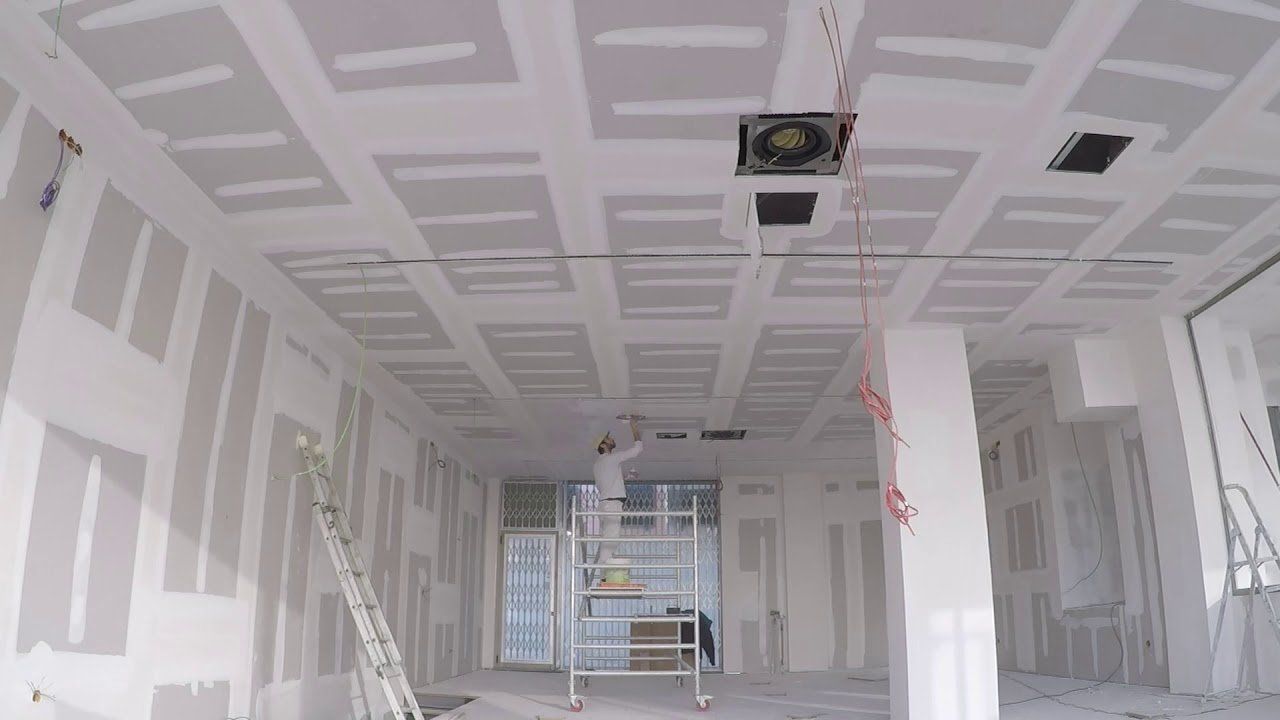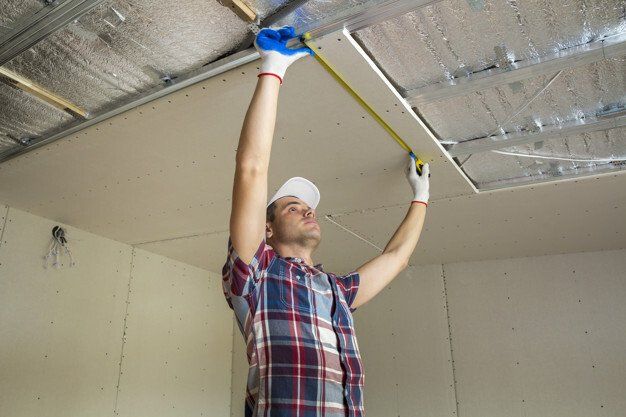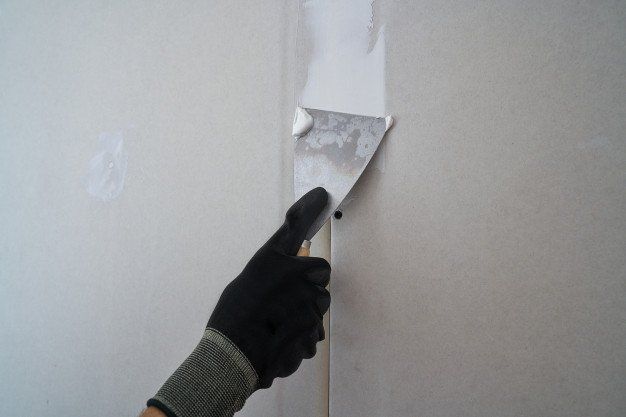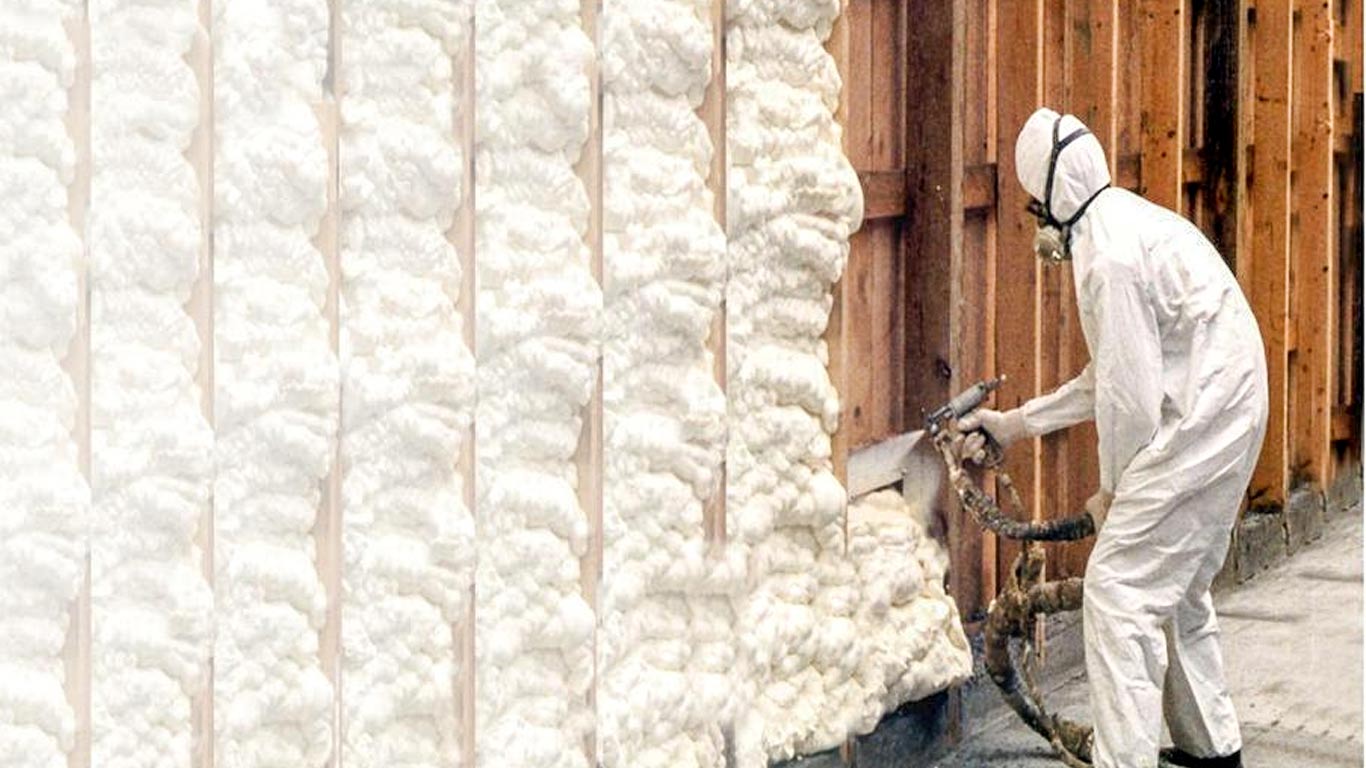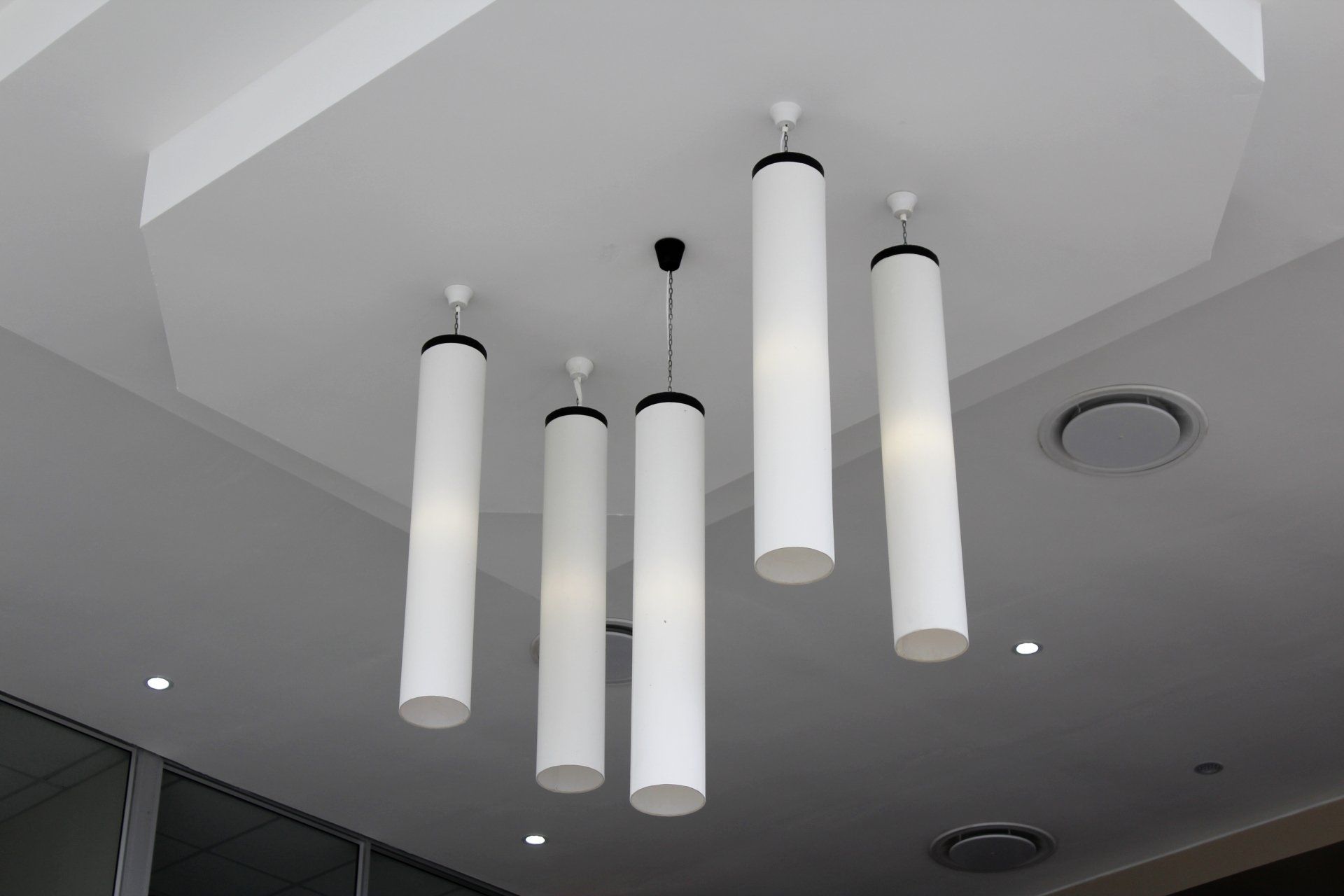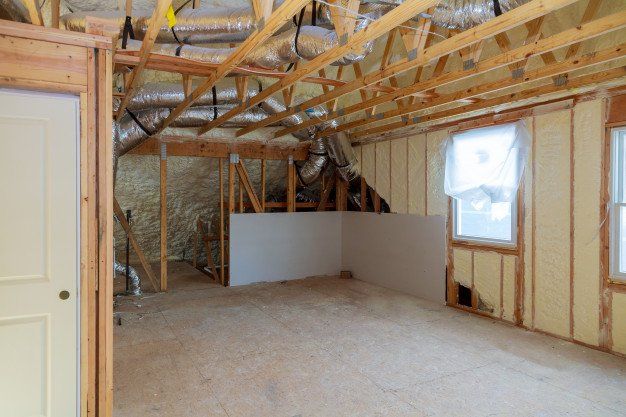Cracks, Holes, and Dents? Drywall Repair Tips for Homeowners
Master Drywall & Sheetrock Repairs: Simple Steps for Fixing Cracks, Holes, and Dents for a Flawless Finish
If you're a homeowner, chances are you've encountered cracks, holes, or dents in your drywall or sheetrock at some point. These issues can be caused by anything from furniture bumps to settling foundations. The good news? You don’t need to call a professional every time you spot damage. With the right knowledge and tools, you can tackle drywall and sheetrock repairs yourself, saving time and money.
This guide will provide you with easy tips for repairing cracks, holes, and dents, ensuring your walls look as good as new. Whether you’re searching for "drywall repair near me" or just need guidance on how to "repair sheetrock hole," we’ve got you covered. Let's get started!
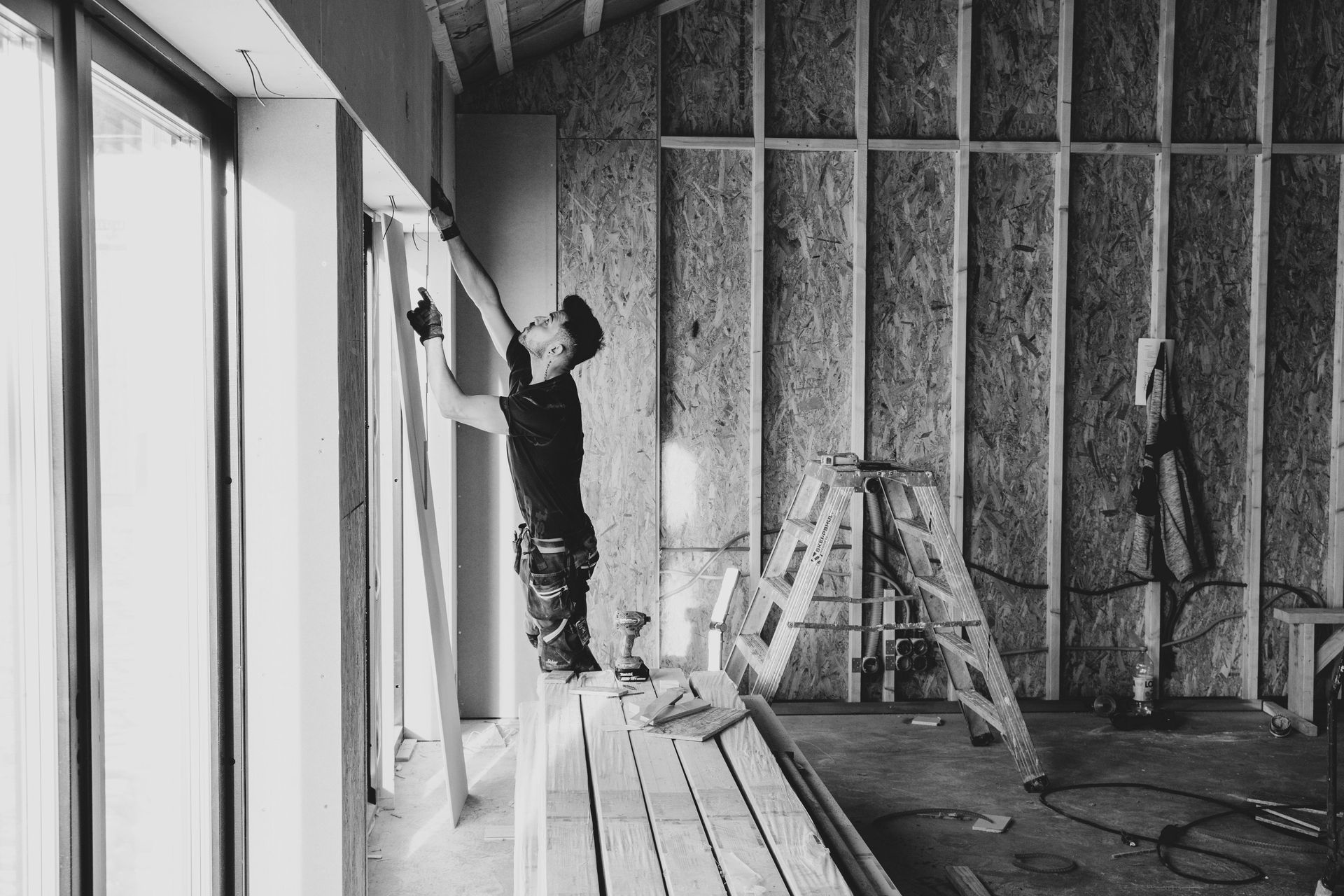
1. Understanding Drywall & Sheetrock Damage
Before diving into repair methods, it's important to understand what drywall and sheetrock are. Drywall, also known as gypsum board, is a common material used for constructing interior walls. Sheetrock is a specific brand of drywall, but they function the same way.
Damage to drywall or sheetrock can occur in different forms:
- Cracks: Often caused by settling foundations or temperature changes.
- Holes: Commonly from nails, screws, or accidents like door slams.
- Dents: Usually the result of minor impacts from objects like furniture or doorknobs.
- When searching for "drywall contractor" or "sheetrock contractor," you might come across "drywall contractors near me" or "sheetrock contractors near me" that can handle severe damage. However, for small repairs, homeowners can easily fix these issues themselves.
2. Tools & Materials You'll Need
Before starting any drywall repair, gather the necessary tools:
- Drywall patch (for small holes)
- Joint compound (for patching and filling)
- Drywall tape (for cracks and seams)
- Utility knife
- Putty knife
- Sandpaper
- Screws and anchors
- Drill
With these items in hand, you're ready to start the repair process.
3. Patching Holes in Drywall
Holes are one of the most common issues with drywall. Whether it's a nail hole or a larger puncture, here's a simple way to handle drywall hole repair.
- For Small Holes (Under ½ Inch)
- Clean the Hole: Use a utility knife to smooth out the edges of the hole.
- Apply Joint Compound: Use a putty knife to fill the hole with joint compound, feathering the edges to blend with the wall.
- Let It Dry: Allow the compound to dry completely before sanding.
- Sand & Paint: Sand the area smooth, and touch up the paint to match the surrounding wall.
- For Medium Holes (½ Inch to 5 Inches)
- Use a Drywall Patch: For medium-sized holes, apply a self-adhesive drywall patch over the hole.
- Cover with Joint Compound: Spread joint compound over the patch, smoothing it out with a putty knife.
- Sand & Finish: Once dry, sand the surface until it's flush with the wall. Then, repaint.
For larger holes, consider searching for "residential drywall contractors near me" or "sheetrock contractors" if the damage exceeds your comfort level.
4. Repairing Cracks in Drywall
Cracks can develop due to house settling or improper installation. Fixing them is relatively easy, but it's essential to prevent them from reappearing.
- Prep the Crack: Use a utility knife to widen the crack slightly, creating a groove for the joint compound to fill.
- Apply Drywall Tape: Place a strip of drywall tape over the crack to reinforce the area.
- Cover with Joint Compound: Spread joint compound over the tape, making sure to feather the edges.
- Let It Dry: Allow the compound to dry, and then sand the surface.
- Repaint: After sanding, repaint the area to blend it with the rest of the wall.
- If you're dealing with recurring cracks, contacting a "drywall company near me" or "sheetrock contractors near me" may be necessary to address underlying structural issues.
5. Fixing Dents in Drywall
Dents are usually caused by minor impacts and can be easily fixed with the right technique.
- Clean the Dent: Use a damp cloth to wipe away any dust or debris.
- Apply Joint Compound: Fill the dent with joint compound, smoothing it out with a putty knife.
- Sand & Repaint: Once dry, sand the area smooth and touch up the paint.
6. When to Call Drywallers Near Me
While many drywall repairs can be handled as DIY projects, there are times when you might need professional help. If you're dealing with extensive damage, or need assistance with larger repairs, searching for "drywallers near me" or "drywall contractors near me" is a smart choice.
Here are situations where hiring a pro makes sense:
- Severe Cracking: If cracks keep returning, it could indicate a structural issue. A "drywall company near me" can provide a permanent fix.
- Water Damage: Water can severely damage drywall. If you notice warping or mold, a "drywall contractor" or "sheetrock contractor" can replace the damaged sections.
- Large Holes: For holes larger than 5 inches, it might be best to leave the repair to professionals.
7. DIY vs. Hiring Drywall Contractors Near Me
While DIY drywall fixes can save money, there are several benefits to hiring professionals:
- Experience: Drywall contractors near me have the experience and tools to get the job done quickly and efficiently.
- Quality Finish: Professionals ensure a seamless, flawless finish, especially when working on large areas.
- Time-Saving: Instead of spending hours on a repair, hiring a drywall contractor lets you focus on other tasks.
When considering a professional, search for "drywall contractors near me" or "sheetrock installers" to find reliable experts in your area.
8. How to Choose the Right Drywall Contractor
If you decide to go with professional help, here are a few tips for finding the right contractor:
- Check Reviews: Look for online reviews when searching for "sheetrock contractors near me" or "drywall companies."
- Ask for Estimates: Get multiple quotes to compare prices and services.
- Verify Experience: Ensure the contractor has experience with the specific type of repair you need, whether it's a drywall fix or patching holes in drywall.
9. Maintaining Your Drywall
Once you’ve repaired your drywall or sheetrock, it’s important to maintain it to prevent future damage. Here are a few maintenance tips:
- Avoid Moisture: Keep drywall dry to prevent mold and water damage.
- Handle Furniture with Care: Use furniture pads to avoid dents and scratches.
- Inspect Regularly: Regularly check your walls for cracks, holes, or other signs of damage, addressing them promptly.
Conclusion
Drywall and sheetrock repairs don’t have to be intimidating. With the right tools and techniques, homeowners can handle minor repairs like patching holes in drywall, fixing cracks, and smoothing dents. For more extensive damage, it's best to search for professionals like "drywall repair near me" or "sheetrock repair near me" to ensure the job is done correctly.
By following these easy drywall fix tips, you can keep your home looking great without the hassle of constant repairs. Whether you're taking the DIY route or enlisting help from "residential drywall contractors near me," your walls will be flawless in no time.



